
In the realm of the law, disputes between individuals, businesses, or organizations often lead to court cases. These legal battles, known as litigation, are essential for resolving conflicts and upholding justice.

The choice between ‘arbitration’ and ‘litigation’ is not one that can be made in a vacuum. Arbitration can and should be a flexible and efficient procedure for adjudicating disputes.

The Appellants cannot be permitted to pursue alternative remedy of suit/arbitration proceeding even if pending as Resolution Plan is binding on all the stakeholders.
With government-Centre and state governments being a party to nearly 46 percent of the 3.14 crore cases pending in courts.
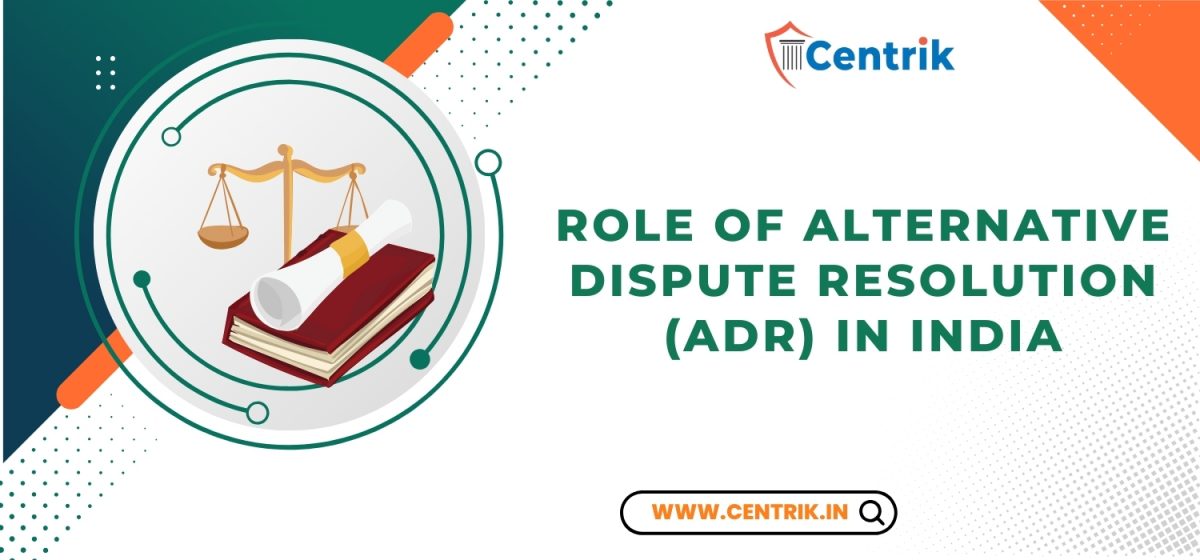
Alternative Dispute Resolution (ADR) is a technique to resolve disputes and disagreements between the parties by arriving at an amenable settlement through negotiations and discussions. It is an attempt to establish an alternative mechanism other than the traditional methods of dispute resolutions.
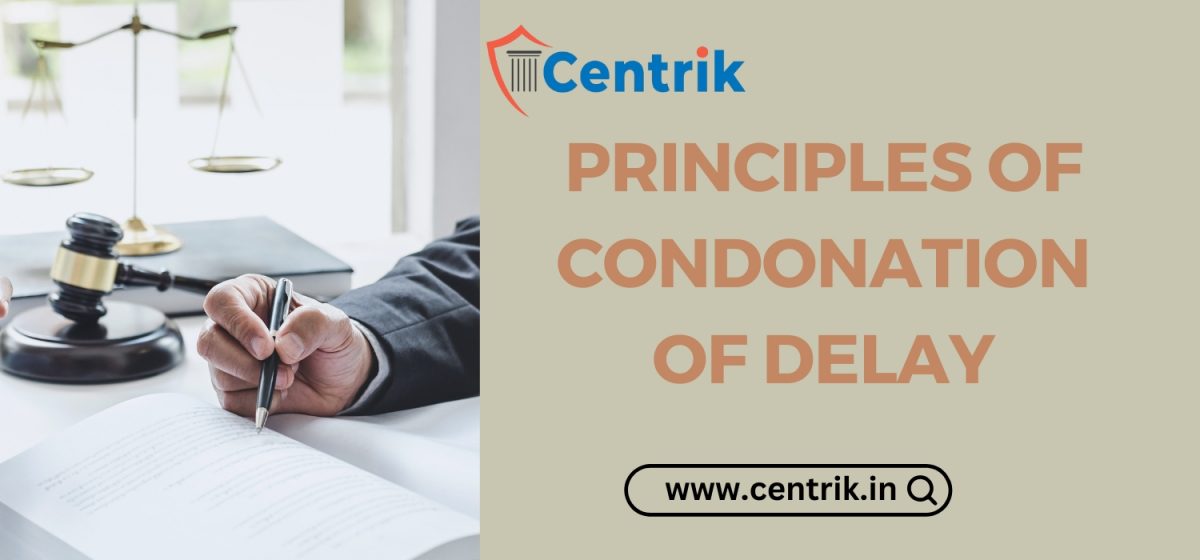
In the legal domain, the concept of condonation of delay is of notable importance, as highlighted by the Supreme Court of India.
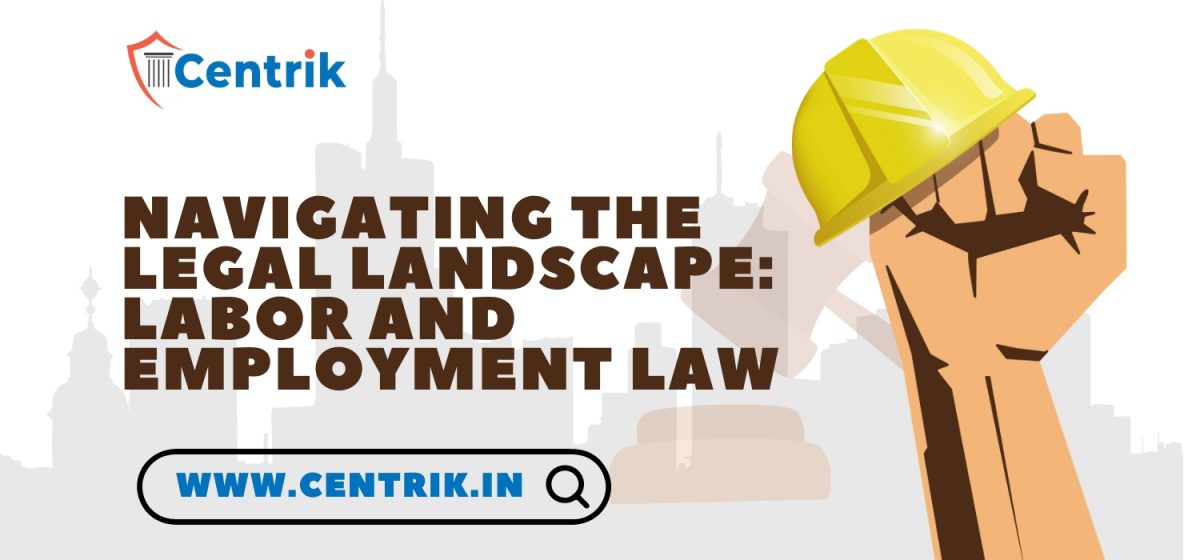
In the intricate tapestry of legal frameworks that govern modern workplaces, labor and employment law stand as formidable pillars.

Section 7 of the Arbitration and Conciliation Act, 1996 defines an arbitration agreement as “an agreement by the parties to submit to arbitration all or certain disputes which have arisen or which may arise between them in respect of a defined legal relationship, whether contractual or not.
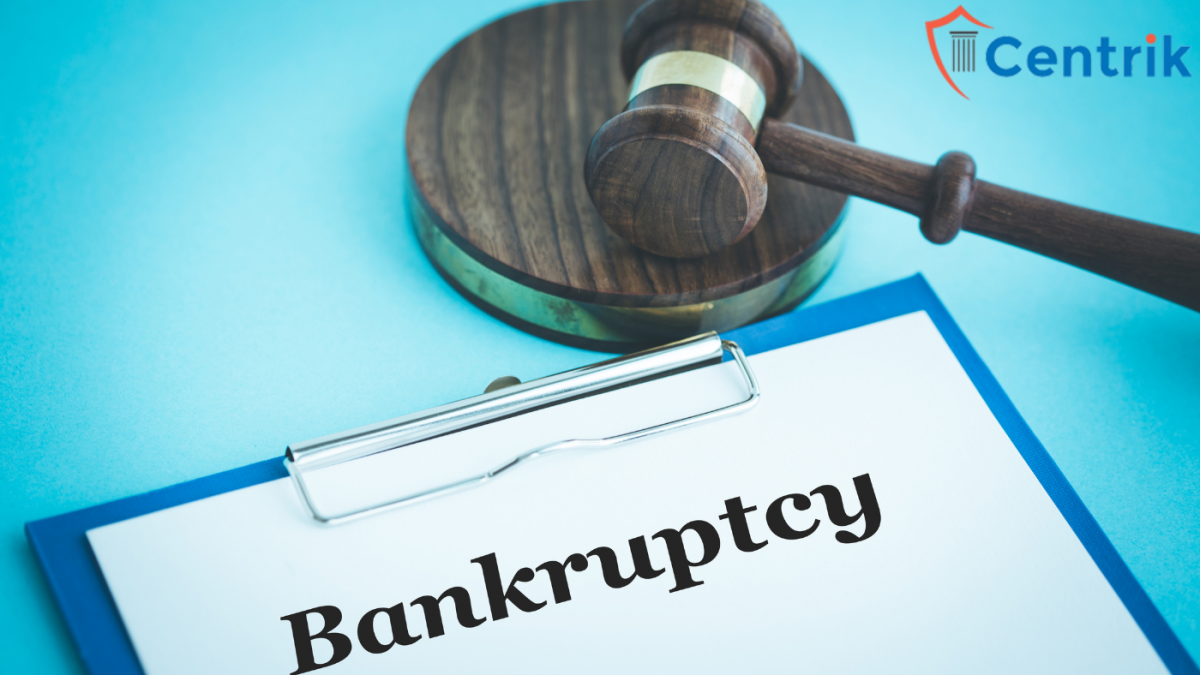
The Insolvency and Bankruptcy Code, of 2016 introduced a paradigm shift in India’s corporate legal landscape. One of its most significant features is the overriding effect it has on other laws.

Alternative dispute resolution (ADR) refers to the different ways people can resolve disputes without a trial. Common ADR processes include mediation, arbitration, and neutral evaluation.

When a dividend is declared by a company but has not been paid or claimed within 30 days, the company shall transfer the amount to an Unpaid Dividend Account. If the money transferred to the Unpaid Dividend Account remains unpaid or unclaimed for a period of 7 years from the date of transfer, the amount shall be transferred to the Investor Education & Protection Fund.

Arbitration is a dispute resolution process outside the traditional court system, gaining prominence in India due to its efficiency and flexibility. The Act governing the arbitration proceedings in India namely “The Arbitration and Conciliation Act, 1996”.

A pending suit can be sent for arbitration under Section 8 of the Arbitration and Conciliation Act, 1996. This section states that a party to a case may, at any time after the commencement of the suit, apply to the court for an order referring the dispute to arbitration.
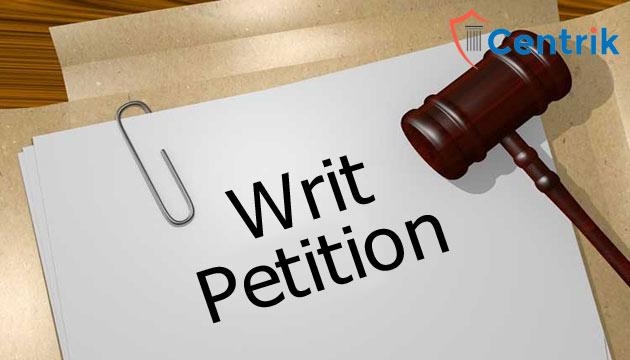
A person has the fundamental right to lodge a complaint or grievance to the court regarding any administrative action. The protection of fundamental rights and the assurance of natural justice are the two most important aspects of writ jurisdictions.
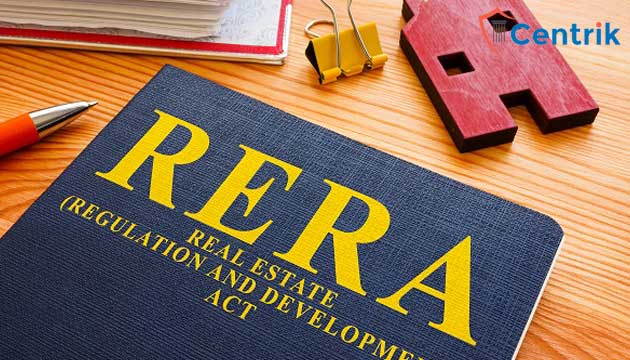
RERA was implemented to acknowledge and solve discrepancies and issues of home buyers. By establishing rules for the sale of real estate and requiring developers to adhere to certain criteria, it protects the interests of homebuyers.















 join For Updates
join For Updates